
Chris Aiken, MD, and Kellie Newsome, PMH-NP, discuss best practices for dosing quetiapine for the treatment of bipolar disorder.

Chris Aiken, MD, and Kellie Newsome, PMH-NP, discuss best practices for dosing quetiapine for the treatment of bipolar disorder.
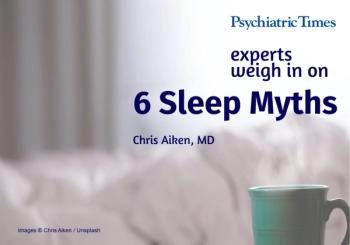
Ten sleep specialists assessed widely accepted beliefs and here's what they found.
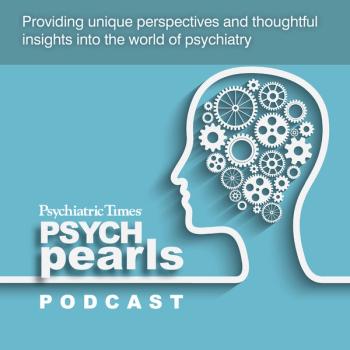
Chris Aiken, MD, and Kellie Newsome, PMH-NP, discuss how to dose lithium for the treatment of bipolar disorder.

Which one rises to the top of your list? More in this podcast.
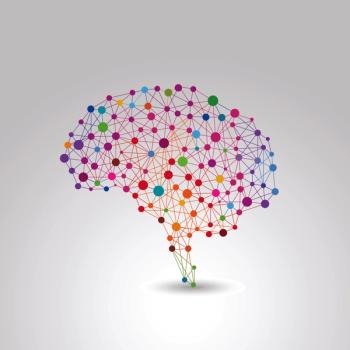
It is much easier to treat depression after 6 months of non-response than 6 years, regardless of which intervention is used, so time is of the essence.

A recent study shows that meditative practice is surprisingly effective for bipolar depression. The late poet helps explain why.
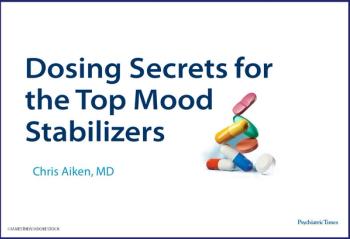
These mood stabilizers cover a lot of ground, but it is important to know how to use them.

None of them are perfect, but a few rise to the top, according to recent guidelines.
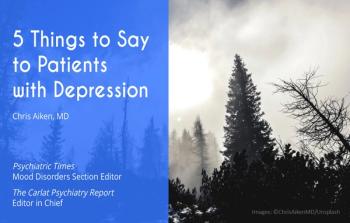
Recovery from depression is a process, and patients need steady, realistic guidance to move through each stage. Insights here.

Lithium may have antiviral properties, but it also carries unique risks during a viral infection.
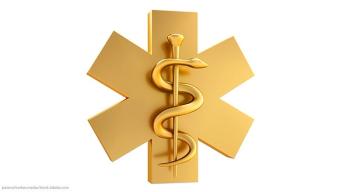
Lithium has successfully deterred over a dozen viruses, but how will it affect the novel coronavirus? In this podcast, Chris Aiken, MD, speaks with Janusz Rybakowski, PhD, MD, a pioneer in lithium research who helped discover its antiviral properties.
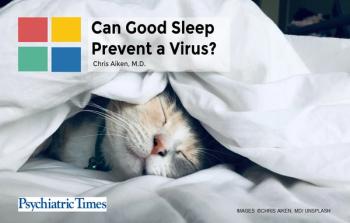
Sleep deprivation increases the risk of viral infections and even mania. Here is the evidence.

Practical tips to help clinicians get started or to hone skills in telepsychiatry.
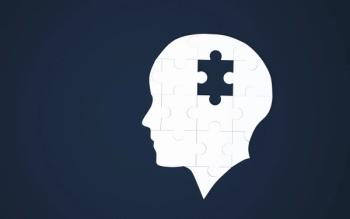
When we find ourselves in the half-tested world of off-label therapies, what’s a psychiatrist to do?

The treatment of bipolar disorder changed in ways big and small in 2019. More in this summary.

The first part of this series covered updates on traditional psychotropics-lithium, anticonvulsants, antipsychotics, and more. Here, Part 2 examines anti-inflammatories, natural supplements, and mitochondrial therapies.
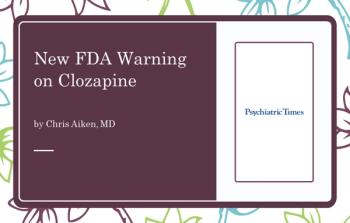
This adverse reaction to clozapine causes more fatalities than neutropenia. Here’s how to prevent it.

For most patients, bipolar is a disorder of depression. It’s here that they spend the majority of their days...
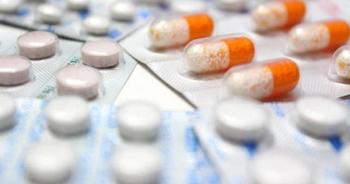
Recognizing treatment resistance early can raise the response rate from 30% to 80% in difficult-to-treat cases. in this video, Jonathan Meyer, MD, shares his top strategies to manage it with Chris Aiken, MD.

Depression predominates across the lifespan in patients with bipolar disorder. Here: A discussion about (and beyond) the four FDA-approved drugs to treat symptoms.
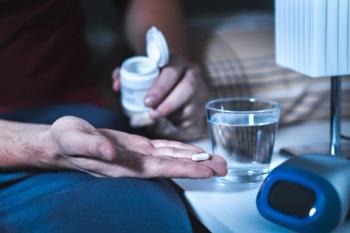
Harnessing this drug interaction can reduce clozapine's metabolic risks, but it needs to be done with care.

We have nearly a dozen atypical antipsychotics to choose from, but do all of these work in bipolar disorder and which of them should we start with? Listen to the podcast.
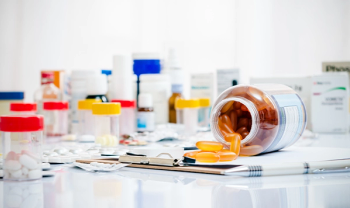
Bipolar disorder itself is a risk factor for renal impairment, and myths abound about lithium’s effect on the kidneys. Here are tips to mitigate potential damage.
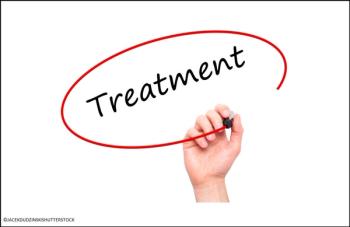
The bipolar word can be frightening or confusing to patients, but there are ways to talk about it that engage them in recovery. More in this podcast.
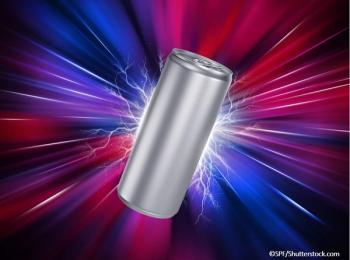
Hear the latest insights about a popular sweetener that has been linked to mania.
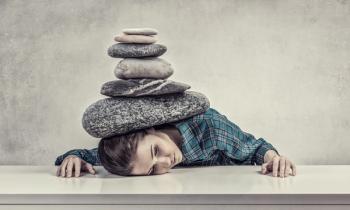
Ask a patient with depression how long it takes for them to feel fully awake in the morning and you are liable to get some revealing answers.

Recent findings may relieve some of the guilt that accompanies the consumption of chocolate, particularly during depressive episodes.
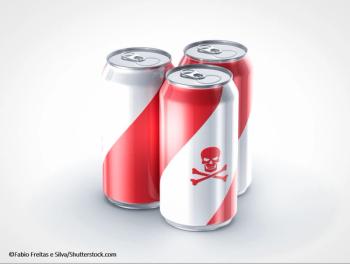
Results of a recent study have implications for adolescents, who are the top consumers of this artificial sweetener.
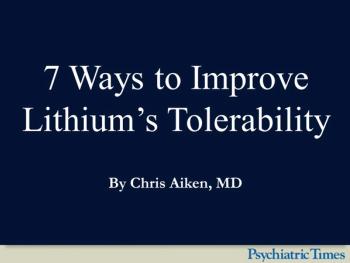
Lithium’s most serious risk is renal insufficiency, and there are at least 3 ways to protect against this adverse effect. This and other tips to ensure safety.
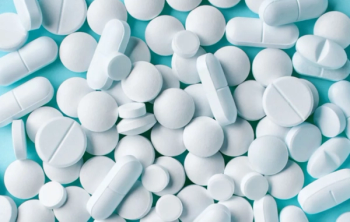
Some patients can get more depressed on this antidepressant. This isn't about bipolar disorder or antidepressant-induced mania. It's about a metabolite. More in this podcast.